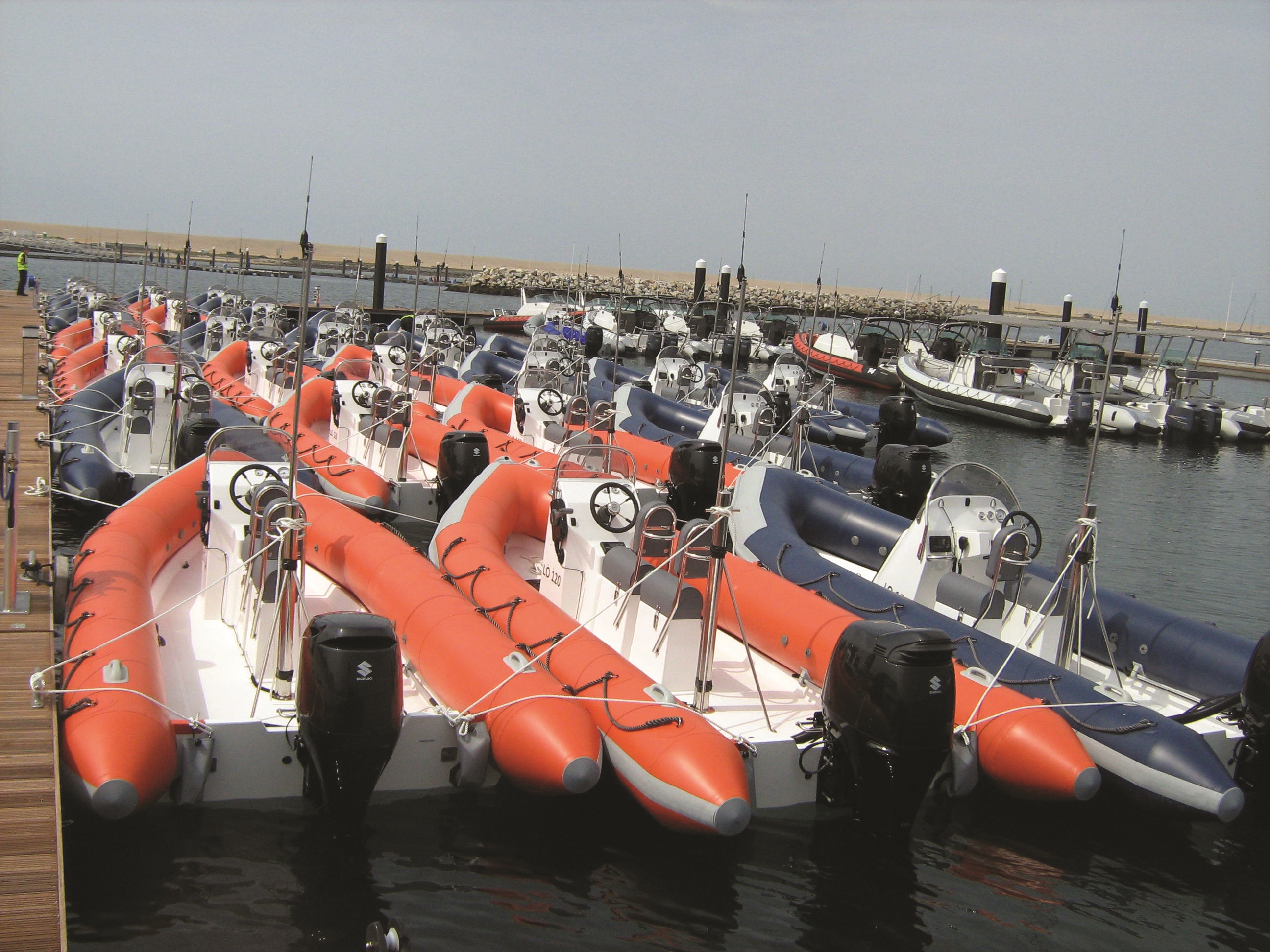
Two grades from Scott Bader’s range of Crestabond primer-less methacrylate structural adhesives have been independently approved by DNV-GL as ‘duromeric’ adhesives, suitable for use in the joining of components for marine applications.
Both Crestabond M1-30 and M1-60 grades passed test criteria making them suitable for structural bonding applications in fiber reinforced plastic (FRP) boatbuilding within stipulated operational limits and for specific substrates. According to this new approval, both Crestabond grades are classified as being fully compatible to bond aluminum, glass fiber reinforced polyester resins and glass fiber reinforced epoxy resins.
Crestabond M1-30 and M1-60 are toughened, two component 10:1 primer-less acrylic adhesives, developed Scott Bader for structurally bonding composites, thermoplastics and metals. While Crestabond M1-30 offers a working time of 25-35 minutes and a fixture time of 60-80 minutes, for larger and more complex assemblies, Crestabond M1-60 offers a longer shop floor working time of up to 70 minutes and a fixture time of 150-180 minutes. Typical material property values for Crestabond M1-30 tested to ASTM D638 are of 17-20 MPa for tensile strength, 750-1000 MPa for tensile modulus and an elongation of >100% while for M1-60, tensile strength figures of 16-18 MPa and a tensile modulus of 650-850MPa are quoted, also with an elongation of >100%.
This story is reprinted from material from Scott Bader, with editorial changes made by Materials Today. The views expressed in this article do not necessarily represent those of Elsevier.



